- HIV Medicines
- Weight Loss
- Naltrexone
- Anti Emetic
- Neuropathic Pain
- Mens Health
- Hair Loss
- Pain Relief
- HCG Injections
- Quit Smoking
- Pharmaceutical Vaccine
- Best Selling Products
- Anti Viral
- Bimatoprost
- Antibiotics
- Women's Health
- Cetaphil
- Botulinum
- Diabetes
- Human Albumin
- Anti Malarial
- Dermal fillers
- Chemical Peels
- Nephrology Segment
- Kidney / Liver Care
- Anti Cancer
- Altus Product's
- Pharmaceutical Products
- Anti Fungal
- Hepatitis
- Beauty & Skin Care
- Asthma
- Modafinil
- Urology Segment
- Thyroid Care
- Armodafinil
- Anti-Cancer
- Armodafinil
- Bimatoprost
- Botulinum
- Dermal Fillers
- Hepatitis
- Mens-health
- Modafinil
- Naltrexone
- ANTI EMETIC
- Altus Product’s
- Anti Fungal
- Anti Malarial
- Anti Viral
- Antibiotics
- Asthma
- Beauty & Skin Care
- Cetaphil
- Chemical Peels
- Diabetes
- Hair Loss
- HCG Injections
- HIV Medicines
- Human Albumin
- Kidney / Liver Care
- Neuropathic Pain
- Pain Relief
- Pharmaceutical Products
- Pharmaceutical Vaccine
- Quit Smoking
- Thyroid Care
- Weight Loss
- Women’s Health
- HIV Medicines
- Weight Loss
- Naltrexone
- Anti Emetic
- Neuropathic Pain
- Mens Health
- Hair Loss
- Pain Relief
- HCG Injections
- Quit Smoking
- Pharmaceutical Vaccine
- Best Selling Products
- Anti Viral
- Bimatoprost
- Antibiotics
- Women's Health
- Cetaphil
- Botulinum
- Diabetes
- Human Albumin
- Anti Malarial
- Dermal fillers
- Chemical Peels
- Nephrology Segment
- Kidney / Liver Care
- Anti Cancer
- Altus Product's
- Pharmaceutical Products
- Anti Fungal
- Hepatitis
- Beauty & Skin Care
- Asthma
- Modafinil
- Urology Segment
- Thyroid Care
- Armodafinil
No products in the cart.
Return To Shop$48.72 – $130.77Price range: $48.72 through $130.77
GP 4 Tablet (Glimepiride 4mg)
GP 4 Tablet belongs to a group of medicines called sulfonylureas and is used to treat type 2 diabetes mellitus in adults. It helps control blood sugar levels in people with diabetes thereby preventing serious complications of diabetes such as kidney damage and blindness.
Have questions?
Call : +91 9002 1002 33
GP 4 Tablet (Glimepiride 4mg)
| COUNTRY OF ORIGIN | India |
|---|---|
| DOSAGE FORM | Tablets |
| GENERIC NAME | Glimepiride |
| INDICATION | Treatment of Type 2 diabetes mellitus |
| PACKAGING | 10 tablets in 1 strip |
| MANUFACTURER | USV Ltd |
| COMPOSITION | Glimepiride (4mg) |
PRODUCT INTRODUCTION
GP 4 Tablet belongs to a group of medicines called sulfonylureas and is used to treat type 2 diabetes mellitus in adults. It helps control blood sugar levels in people with diabetes thereby preventing serious complications of diabetes such as kidney damage and blindness.
GP 4 Tablet may be used alone or along with other medicines. It should be taken just before or with the first meal of the day. Take it regularly at the same time each day to get the maximum benefit. Your doctor will decide what dose is best for you and this may change from time to time according to your blood sugar levels.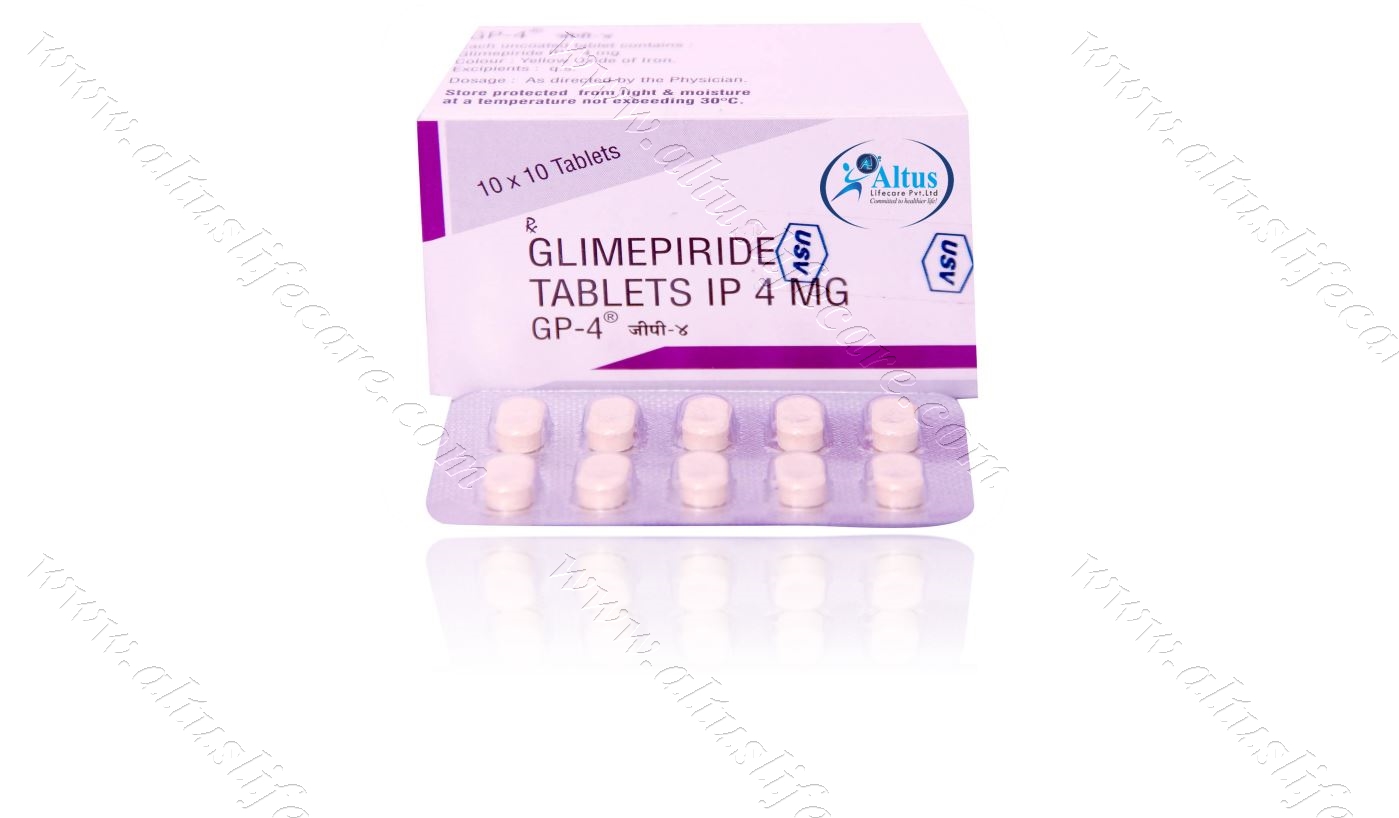
Keep taking this medicine, even if you feel well or your blood sugar levels are controlled. If you stop it without consulting your doctor, your blood sugar levels could rise to put you at risk of diabetes complications such as kidney damage, blindness, nerve problems, and loss of limbs. Remember that it is only part of a treatment program that should also include a healthy diet, regular exercise, and weight reduction as advised by your doctor. Your lifestyle plays a big part in controlling diabetes.
The most common side effects of taking this medicine include low blood sugar levels (hypoglycemia), nausea, headache, and dizziness. Make sure you recognize the signs of having low blood sugar levels, such as sweating, dizziness, headache, and shaking, and know how to deal with them. To prevent this, it is important to have regular meals and always carry a fast-acting source of glucose such as sugary food or fruit juice with you. Drinking alcohol can also increase your risk of low blood sugar levels and hence should be avoided. Some people may experience an increase in weight with this medicine.
You should not take it if you have type 1 diabetes mellitus, diabetic ketoacidosis (high levels of acid in your blood), or if you have severe kidney or liver disease. Before taking this medicine, tell your doctor if you have ever had heart disease, thyroid disease, or some hormonal conditions, as it may not be suitable. Pregnant or breastfeeding women should also consult their doctor before taking it. Your blood sugar levels should be checked regularly and your doctor may also advise blood tests to monitor your blood cell counts and liver function.
“Fine-Tuning Diabetes Management with Glimepiride”
Fine-tuning diabetes management involves a nuanced understanding of Glimepiride’s role. This paragraph delves into how healthcare professionals can leverage Glimepiride to optimize glycemic control while considering individual patient needs and preferences.
“Glimepiride Tablets: A Weapon Against Diabetes Complications”
Beyond glycemic control, preventing complications is a central goal in diabetes management. This section explores how Glimepiride serves as a valuable weapon in the arsenal against diabetes complications, offering protective benefits that extend beyond blood sugar regulation.
Signs and Symptoms of Type 2 Diabetes Mellitus: Unlocking Early Diabetes Insights
Unlock the insights embedded in the early signs of Type 2 Diabetes Mellitus. Explore how understanding and interpreting these insights contribute to early detection and proactive health management.
Pillars of Progress: Drug for Diabetes Mellitus Type 2 Journey
Examining the drug as one of the foundational pillars supporting progress in Diabetes Mellitus Type 2 management, this journey explores its integral role in advancing patient care.
Diabetes Mellitus Medications: Medication Mastery for a Healthier You
Master the art of medication use for achieving a healthier you in diabetes management. This guide explores how medication mastery contributes to improved health, emphasizing its role in enhancing overall well-being and fostering a healthier lifestyle.
The Significance of Glycemic Variability in Treatment of Type 2 Diabetes Mellitus
Recognizing the complexity of glucose fluctuations, this section explores the significance of glycemic variability in the treatment of Type 2 Diabetes Mellitus. By understanding the impact of variability on health outcomes, the discussion aims to inform strategies for stabilizing blood glucose levels.
“Meds for Diabetes Mellitus Type 2: Medication Essentials for Better Diabetes Control”
Explore the essential aspects of diabetes medications crucial for cultivating better diabetes control. This guide provides foundational knowledge and practical tips to ensure that medications play a central role in promoting effective diabetes management, ultimately leading to improved blood sugar control.
Medications for Diabetes Mellitus Type 2: Medication Discontinuation Considerations
– Discontinuing medications requires careful consideration. Explore this blog for insights into the factors and considerations individuals with type 2 diabetes should keep in mind when contemplating medication discontinuation, ensuring a thoughtful and informed approach.
DM Type 2 Medications: Breaking Barriers to Medication Understanding
Identify and overcome barriers to understanding medications in the management of Type 2 Diabetes. Explore how breaking these barriers leads to better comprehension and effective utilization of medications.
USES OF GP TABLET
- Treatment of Type 2 diabetes mellitus
BENEFITS OF GP TABLET
In Treatment of Type 2 diabetes mellitus
GP 4 Tablet increases the amount of insulin your body produces (in the pancreas). The insulin then works to lower your blood glucose level. It is usually taken once a day. You should keep taking it for as long as it is prescribed.
Lowering blood glucose levels is an essential part of managing diabetes. If you can control the level you will reduce the risk of getting any of the serious complications of diabetes such as kidney damage, eye damage, nerve problems, and loss of limbs. Taking this medicine regularly along with proper diet and exercise will help you live a normal, healthy life.
SIDE EFFECTS OF GP TABLET
Common side effects of GP
- Hypoglycemia (low blood glucose level)
- Headache
- Nausea
- Dizziness
HOW TO USE GP TABLET
HOW GP TABLET WORKS
SAFETY ADVICE

Alcohol

Pregnancy

Breast feeding
Monitoring of the breastfed infant’s blood glucose is advisable during maternal therapy with GP 4 Tablet

Driving

Kidney
Use of GP 4 Tab let is not recommended in patients with severe kidney disease. These patients can experience very low blood sugar levels which may become normal after a long time.

Liver
However, the use of GP 4 Tab let is not recommended in patients with severe liver disease. These patients can experience very low blood sugar levels which may become normal after a long time.
WHAT IF YOU FORGET TO TAKE GP TABLET?
| Pack Size | 100 Tablet/s, 200 Tablet/s, 300 Tablet/s, 400 Tablet/s |
|---|
2 reviews for GP 4 Tablet (Glimepiride 4mg)
Related products
Myezom Injection (Bortezomib)
From: $188.31Cimivir 400mg Tablet | Sofosbuvir 400mg
From: $243.59Temoside 100 Capsule (Temozolomide 100mg)
From: $55.84Armotraz Tablet (Anastrozole 1mg)
From: $97.40Alkeran 2mg Tablets (Melphalan 2mg)
From: $21.27Daunotec 20mg Injection | Daunorubicin
From: $54.55Resof-L Tablet | Ledipasvir | Sofosbuvir
From: $256.41People also bought
-

Benoquin 40 Cream | Monobenzone 40%
From: $154.77 -
 From: $38.38
From: $38.38 -
 From: $40.05
From: $40.05 -

Aziderm 10% Cream 15gm | Azelaic Acid 10%
From: $39.26
Our Services
Shipping
Shipping at Discounted Price
Money Returns
Return Within 30 Days
Secure Payment
Safe & Secure Payment
Support 24/7
Contact 24 Hours Day
From: $44.87
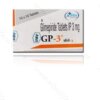
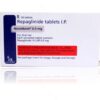
From: $41.43
- Anti-Cancer
- Armodafinil
- Bimatoprost
- Botulinum
- Dermal Fillers
- Hepatitis
- Mens-health
- Modafinil
- Naltrexone
- ANTI EMETIC
- Altus Product’s
- Anti Fungal
- Anti Malarial
- Anti Viral
- Antibiotics
- Asthma
- Beauty & Skin Care
- Cetaphil
- Chemical Peels
- Diabetes
- Hair Loss
- HCG Injections
- HIV Medicines
- Human Albumin
- Kidney / Liver Care
- Neuropathic Pain
- Pain Relief
- Pharmaceutical Products
- Pharmaceutical Vaccine
- Quit Smoking
- Thyroid Care
- Weight Loss
- Women’s Health

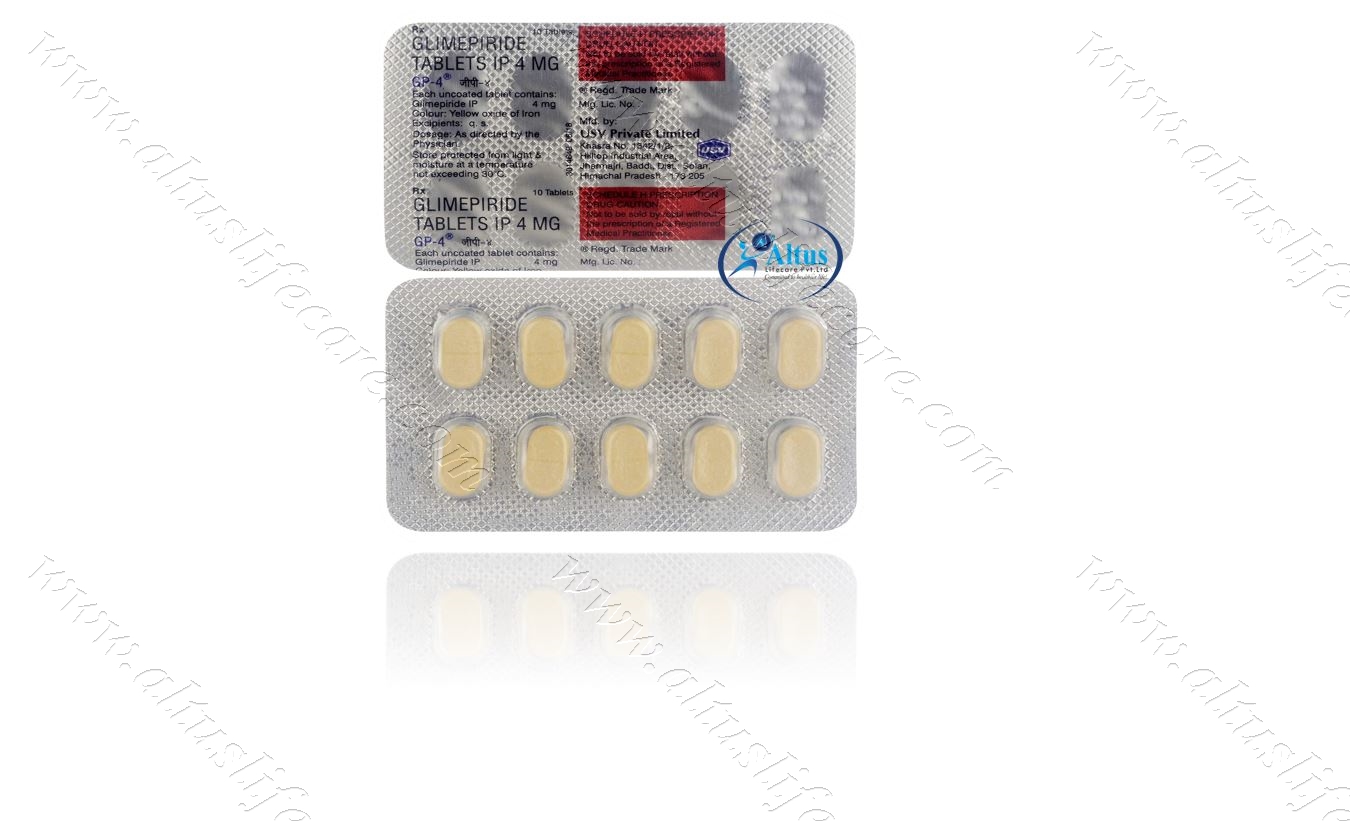

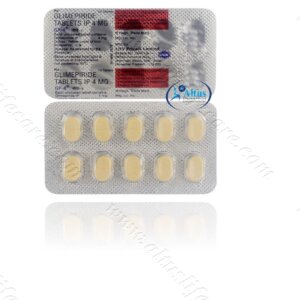
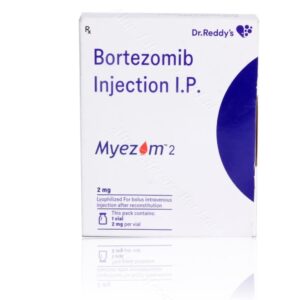
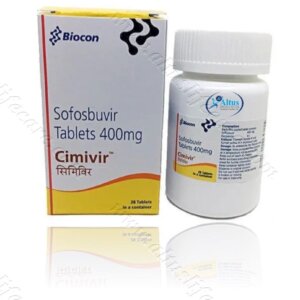

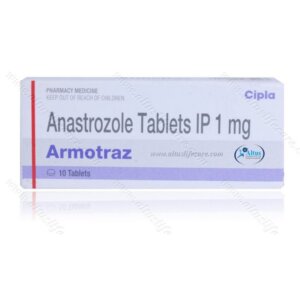





Kora (verified owner) –
The knowledge gained from reputable sources has empowered me to make informed decisions in my type 2 diabetes care.
Belen (verified owner) –
“Impressed with the quality and pleasantly surprised by the fast shipping!”